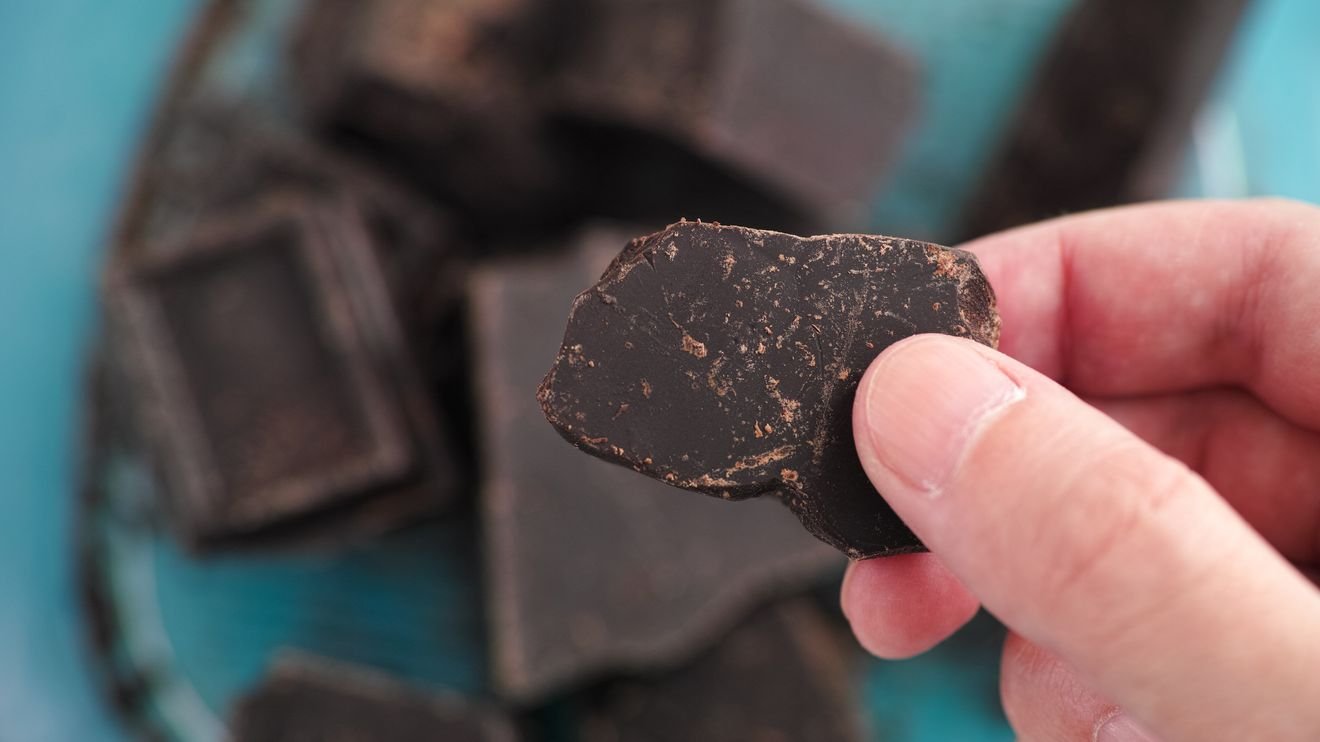Two weeks after Consumer Reports issued a study about potentially risky levels of heavy metals in several brands of dark-chocolate bars, a New York man has filed a proposed class-action lawsuit against the Hershey Company HSY,
Christopher Lazazzaro, the plaintiff in the case, said he would have avoided purchasing certain Hershey products or not paid as much for them if the company had revealed the metal content in them, according to reports. The Hershey products specifically mentioned included Hershey’s Special Dark Mildly Sweet Chocolate, Lily’s Extra Dark Chocolate 70% Cocoa and Lily’s Extreme Dark Chocolate 85% Cocoa bars.
Hershey and Lazazzaro’s attorneys didn’t respond to MarketWatch requests for comment.
In the Consumer Reports study, several manufacturers — not just Hershey’s, but also Godiva, Lindt, Theo Chocolate and Trader Joe’s — were cited for offering bars with high levels of lead and/or cadmium metals.
While dark chocolate has been hailed in recent years forits healthy attributesstemming from the fact that it’s rich in antioxidants, there’s also been concern about its metal content. CR noted that, “Consistent, long-term exposure to even small amounts of heavy metals can lead to a variety of health problems. The danger is greatest for pregnant people and young because the metals can cause developmental problems, affect brain development, and lead to lower IQ.”
Consumer Reports used California’s maximum allowable dose level (MADL) for lead and cadmium as the basis for its report. Among the Hershey products it pointed to as being potentially problematic are the Hershey’s Special Dark Mildly Sweet Chocolate bar, which had 265% of the maximum allowable dose level of lead, and the Lily’s Extremely Dark Chocolate 85% Cocoa bar, which had 143% of the maximum allowable dose level of lead and 101% of the maximum allowable dose level of cadmium.
In response to the release of the Consumer Reports study, Hershey said at the time, “We source our ingredients and manufacture our products in accordance with a robust food safety plan that is employed across the full breadth of our portfolio, including our chocolate products.”
In addition, the National Confectioners Association said of the study, “Chocolate and cocoa are safe to eat and can be enjoyed as treats as they have been for centuries.” The association also said that the California standards cited by CR are not considered food-safety standards.








